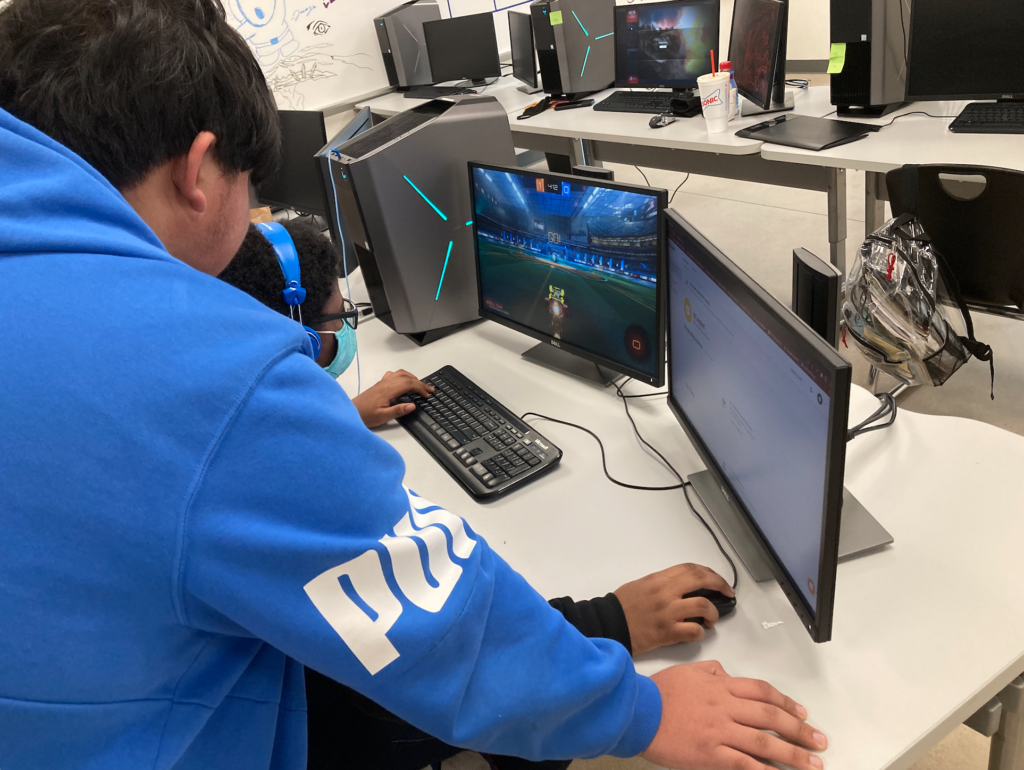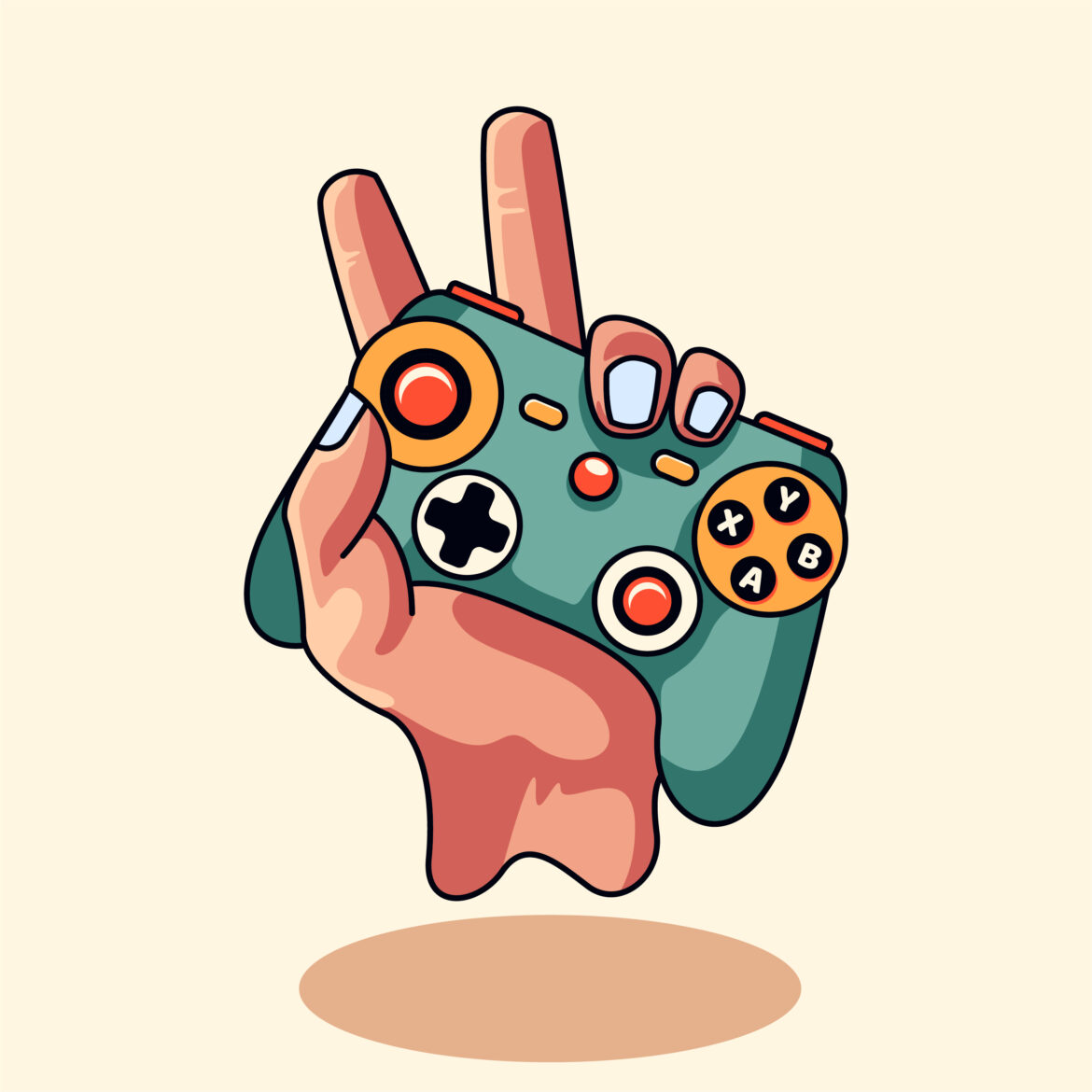Who is your favorite video game character? Think for a minute. It may be the latest, greatest character from popular gaming, or it may be from an arcade machine you couldn’t get enough of growing up. What’s important to know is that there’s no wrong answer here. Mine? Yoshi from Super Mario World. I like him because he’s brave, does cool stuff, and being a good sidekick makes him really likable. You can probably tell a little about me from this answer, like the fact that I am not a “gamer” and that my expertise with video games and their characters is a product of growing up in the 90s. Fast forward to 2022, where I am still not a gamer. But I’m definitely part of a team that is supporting a growing esports program at the district level. No matter who your favorite character is or your relationship to gaming, there are some things that any educator can do to support esports in schools. Consider adopting these strategies to get started. (If you aren’t familiar with esports, check out this blog overview.)
Just Jump In
Like any program, there are details to consider when starting and supporting an esports team. These details and how they look for your district will become clearer as you progress, so don’t be afraid to just jump in. Start by doing some research and asking questions. Are there students in one of your schools interested in competitive gaming? You might find that there is already a team looking for support. Are there teachers or other staff members that would like to coach a program? You may discover that there is someone really enthusiastic and ready to work with students. Is there someone at the district level that has an interest in gaming? Talk to them about what they know and see if they can help you design what esports looks like in your district. As with any organizational work, a program won’t develop overnight, but asking questions and gathering data will help light the path toward a new and exciting program for students.
Let It Be Student Led
If you have experience with student-driven inquiry or project-based learning, you know that students, especially when passionate about a subject, really enjoy providing their input. If you are a nongamer and want to start an esports program, rely on students’ input to help drive the design. Find out what games they already like to play. Additionally, how many times per year and with whom would they like to compete? What kinds of leadership roles do they think will be most helpful in organizing their club? The questions will come to you as you start to learn more about esports. And, double bonus, showing you are willing to learn will help you build relationships and model a growth mindset for students as a result.

Start with Sportsmanship
As you start down the esports road, build the foundation of your program on soft, 21st-century skills that students need to develop for life. You can begin the first time you get your group together even if you don’t know the answers to some questions– like which games you will play or how you will address equipment and IT issues. For example, include digital citizenship and discuss being appropriate online. Help the students to develop resilience, know how to handle a loss with grace, demonstrate good sportsmanship, have a team mindset, keep language appropriate, or anything else you feel needs to be addressed.
Create a Sense of Belonging
Many student gamers don’t feel they have as much identity at school as other students involved in traditional sports or fine arts activities. One way to cultivate this sense of belonging is to get involved in their academic and behavioral success. For example, get familiar with your school, district, and state academic requirements for extra-curricular activities. No matter what the policies are, make a practice of checking student grades and holding students accountable for doing well in all of their classes– just as you would for student athletes. Having adults and teammates that care about each other’s academic and social success can give student gamers a sense of belonging and positively impact your community.
If you’ve been thinking about starting an esports program or team at your school or in your district, you probably have more questions than answers. But no matter where you’re at, jumping in and cultivating sportsmanship and a sense of belonging among your team or students is a winning formula.
Loren Boyd will be co-presenting Esports: Supporting Implementation at the District Level with Sandi Castro and Catherine Davies at TCEA 2022. Don’t miss her session on Thursday, February 10 at 9:15 a.m. Not registered? No problem! There’s still time.

